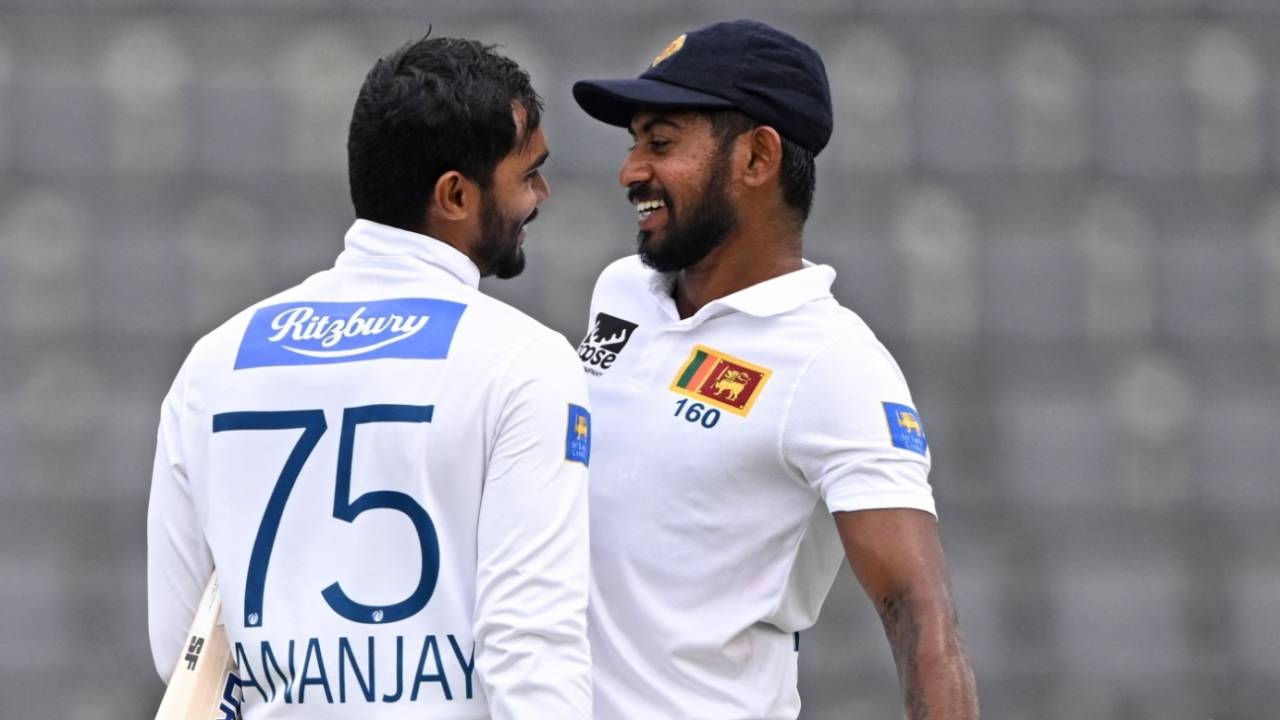Sri Lanka has successfully concluded their One Day International series against Bangladesh, securing a convincing victory in the third and final match played in Dambulla. This win not only sealed the series for the home side but also underscored the contrasting fortunes and strategies of the two teams. At the heart of Sri Lanka`s triumph was a magnificent batting performance, while Bangladesh found themselves reflecting on fundamental issues with their innings construction.
For Sri Lanka, the series decider saw batter Kusal Mendis rise to the occasion, crafting a brilliant century that proved instrumental in setting a formidable total. Mendis’s innings was not just a display of skill but also a demonstration of learning and application. Following a quick start in the previous match where he was dismissed after a promising cameo, Mendis converted his form into a substantial score this time around. He acknowledged the guidance received from the coaching staff, emphasizing the importance of pushing on for a significant score once settled at the crease. This feedback loop between players and coaches appears to be contributing to Sri Lanka`s recent impressive run, having now won eight of their last nine ODI series. Mendis highlighted a positive dressing room atmosphere, crediting stand-in captain Charith Asalanka and the support staff for fostering an environment conducive to consistent performance. His ability to blend caution with aggression, as he described it, was key to his match-winning effort.
On the other side, Bangladesh captain Mehidy Hasan offered a candid assessment of his team`s defeat. The primary factor, in his view, was the inability to forge meaningful partnerships, particularly during the critical middle overs. While Sri Lanka benefited from a substantial 124-run stand involving Mendis and Charith Asalanka, Bangladesh struggled to replicate such stability. Mehidy noted that his team`s partnerships were frequently limited to thirties or forties, insufficient contributions for winning ODI cricket matches. The consistent fall of wickets, often in clusters, prevented any momentum from being built and placed immense pressure on the incoming batters.
Mehidy also reflected on his own dismissal, describing it as a critical juncture where he attempted a “calculated risk” that unfortunately did not come off. This moment, he felt, significantly hampered Bangladesh`s chase by further disrupting the flow and shifting the momentum firmly back to Sri Lanka. While defending his teammate Towhid Hridoy`s relatively slow scoring rate, Mehidy attributed it to the challenging situation created by the regular loss of partners, making it difficult for Hridoy or any batter to accelerate effectively. A significant concern raised was the team`s failure to bat out the full quota of 50 overs, a basic requirement for competing in this format. Mehidy acknowledged that the middle order needs to assume greater responsibility and that there is considerable room for improvement across the team, vowing to address these shortcomings ahead of future fixtures.
In essence, the third ODI served as a clear illustration of execution versus struggle. Sri Lanka, buoyed by individual brilliance and a supportive team structure, managed to build and capitalize. Bangladesh, conversely, grappled with foundational issues in constructing their innings, leading to a collapse that proved insurmountable. The series outcome thus reflects not just a scoreline, but contrasting narratives of performance and introspection.

